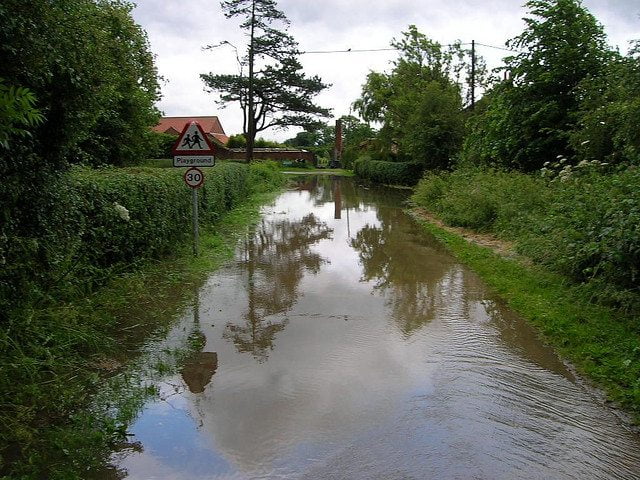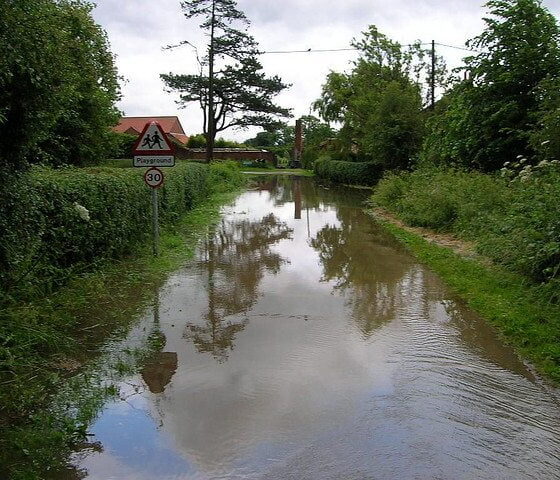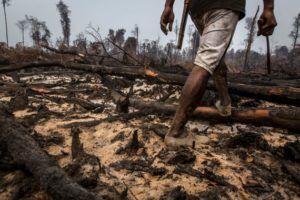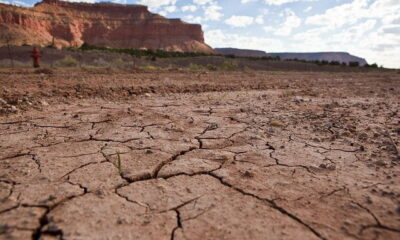

Environment
Not in my backyard – Extreme weather perceptions in your neighbourhood and beyond
Would you consider your perceptions of extreme weather to be dependent on where you live, how much you earn or your political views? There is a case to suggest that the social, economic or political background of an individual affects the way that you deal with, and acknowledge, the effects of extreme weather in both your neighbourhood and on a national level.
Published in Environmental Sociology, a study written by Dr Matthew J. Cutler of the University of New Hampshire, USA, examines a selection of weather data from the National Oceanic and Atmospheric Administration’s (NOAA) Storm Events Database (SED) in order to test this claim. The sociological data for this research was compiled from participants in the CERA project and limited to a specific set of coastal regions in the United States, to benefit from the extensive geographical and social variations present there.
Participants in this project were asked about a range of environmental issues that may or may not affect their communities. Their income, level of education, whether or not they were newcomers to their areas as adults, whether they rented or owned their home, their political party affiliations, their perceptions of the effects of conservation rules on their communities, and their beliefs about climate change were all taken into consideration when their answers were assessed.
The author of the study, Dr Cutler, found that although higher household earnings were negatively associated with perceptions of extreme weather, homeownership was indeed a contributing factor – stating that “homeownership and lower incomes appear to independently increase perceptions”. Age, gender, education and political persuasion were also significantly related to extreme weather perceptions. Odds were higher among younger, female, more educated, and Democratic respondents to perceive effects from extreme weather than older, male, less educated, and Republican respondents.
Furthermore, the results gave evidence to suggest “that individuals more often perceive effects of extreme weather events when the objective costs or damage to their communities are higher, but may not be as sensitive to the frequency of extreme events”. This, Dr Cutler writes, highlights an emergent sociological process of “both seeing and believing” – whereby “individuals experience extreme weather and interpret the impacts against the backdrop of social and economic circumstances central to and surrounding their lives”.
Dr Cutler concludes that “perceptions of extreme weather emerge out of the interplay of individuals’ social characteristics and the objective material circumstances tied to their geographic locations and socioeconomic positions”. A study of this type is integral to understanding the effects of extreme weather on a sociological level, allowing for an enhanced understanding of human interaction within our changing environment.


 Environment12 months ago
Environment12 months agoAre Polymer Banknotes: an Eco-Friendly Trend or a Groundswell?

 Features11 months ago
Features11 months agoEco-Friendly Cryptocurrencies: Sustainable Investment Choices

 Features12 months ago
Features12 months agoEco-Friendly Crypto Traders Must Find the Right Exchange

 Energy11 months ago
Energy11 months agoThe Growing Role of Solar Panels in Ireland’s Energy Future




























